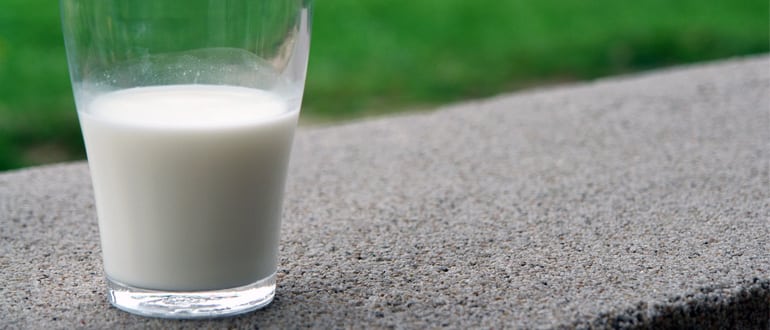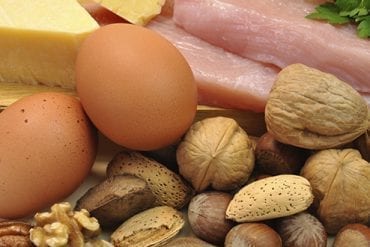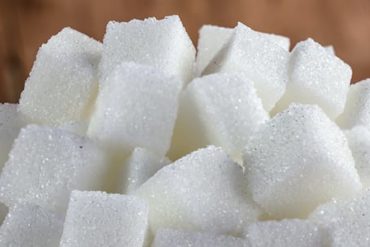This food group consists of cheese, milk, fromage frais and yoghurt and are high in calcium. Cream, margarine and butter pertain to the fat and sugar group.
Why is calcium important?
Calcium is a mineral which makes for strong teeth and bones. It ensures your nerves and muscles function effectively. It is vital for growth, strengthening your bones into your mid-thirties, when an individual reaches peak bone mass.
Thereupon, due to the aging process, bones lose density and get weaker. Should your dietary intake of calcium not have been sufficient prior to this, you have a greater risk of your bones not being strong enough to handle any weakening. This can lead to osteoporosis, brittle bone disease.
A third of women and over a tenth of men aged 50 plus have osteoporosis. There is a great deal of concern that young girls’ diets do not contain enough calcium. Certain experts state that there could be an osteoporosis epidemic amongst women in the future.
How do vegans and lactose intolerant individuals get calcium?
Should your diet not contain dairy and milk products or should you be milk sugar lactose intolerant, you may wish to find calcium alternatives and keep your bones healthy via:
- Soya milks, cheeses and yoghurts rich with calcium
- The consumption of dark green vegetables like broccoli, spinach and watercress
- Sprinkling sesame seeds or almonds on salads, desserts and cereals
- Having dried fruit snacks, like dates, apricots and figs which have slight amounts of calcium
- Should you not be vegan, you can add prawns, sardines or anchovies to your meal
How much dairy and milk is enough?
It is recommended that we all have 700mg of calcium on a daily basis for optimum health. This means we are meant to have:
- 1 pint of milk
- 2 small pots of fruit or plain yoghurt
- 80g of any hard cheese
Should you be weight conscious, you can get the same amount of necessary calcium from skimmed milk as in whole milk. The same applies for low-fat cheese and low-fat yoghurt.





